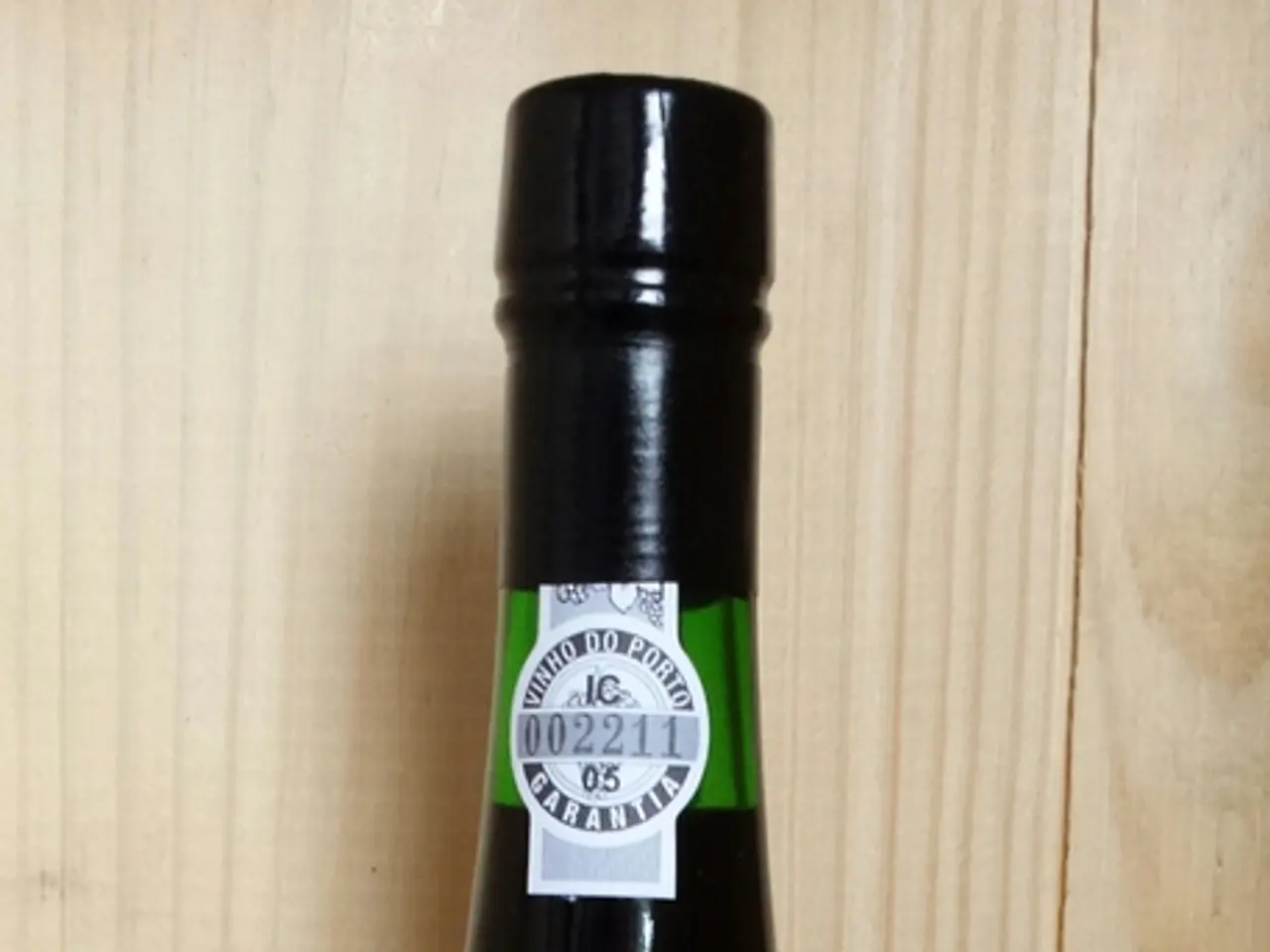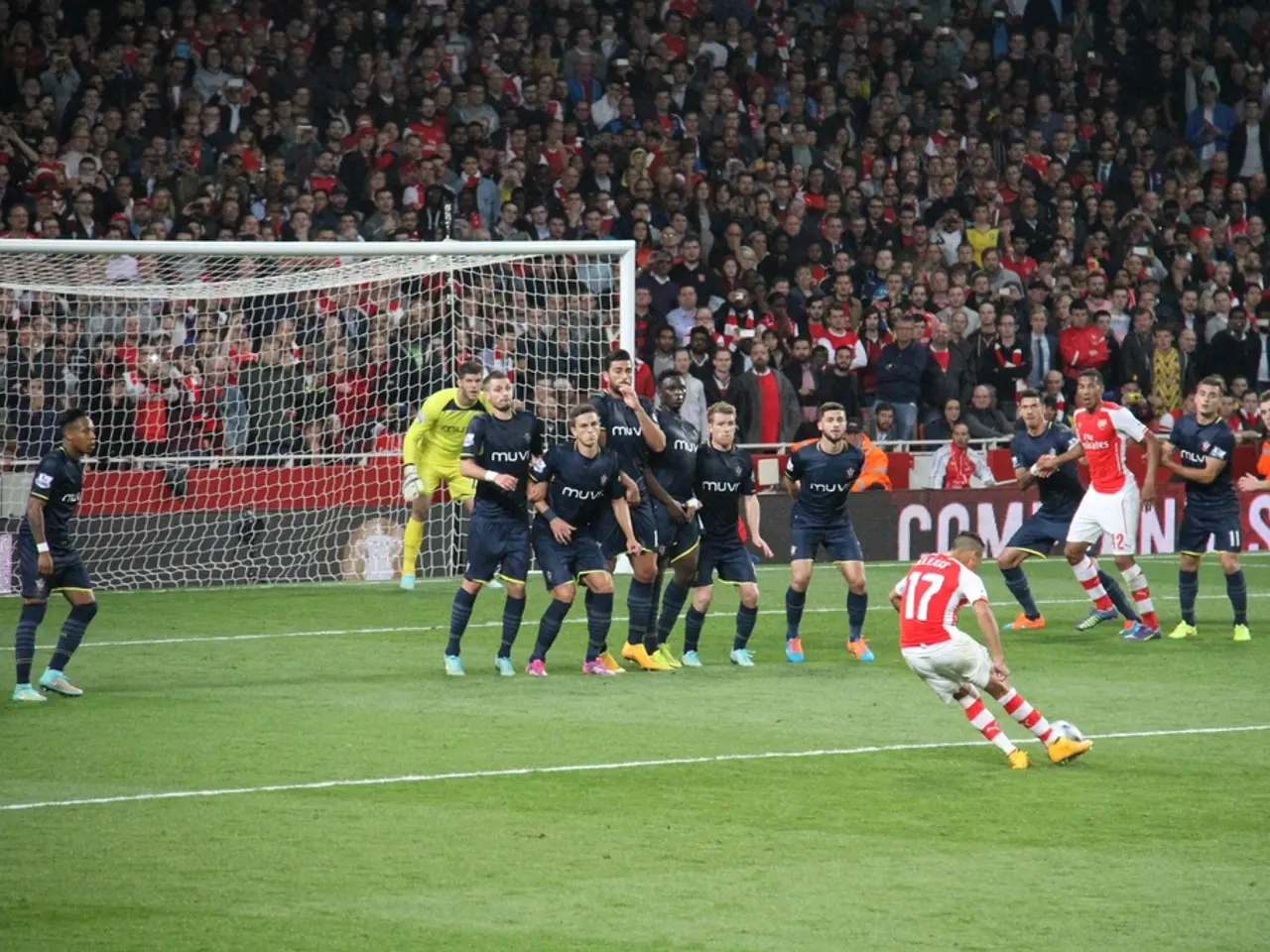Beer production in Germany is experiencing a decline
Germany Experiences Historic Drop in Beer Sales
Germany's beer industry is grappling with a significant decline in sales, marking the most substantial weakening since reunification in 1990. According to the Federal Statistical Office, beer sales have plummeted by 6.3 percent or 262 million liters from the previous year, reaching around 3.9 billion liters in the first half of 2025.
The decline is primarily attributed to falling demand, increased price competition, overcapacity in production, and economic pressures on the hospitality sector. The hospitality sector, in particular, is facing a severe downturn with many businesses reporting reduced profits, fewer guests, and financial difficulties exacerbated by the full VAT reinstatement on food and beverages.
Beyond retail, gastronomy and foodservice outlets have seen a significant revenue slump, limiting out-of-home beer consumption. The industry also experiences tough price negotiations, delisting by large supermarket chains, and ongoing insolvencies.
However, the rise of alcohol-free beer options is providing some respite for the industry. Many brewers, including large brands like Veltins, have maintained or grown production volumes partly by diversifying portfolios towards premium and alcohol-free products amid declining traditional beer sales. The rise of alcohol-free beer caters to changing consumer preferences towards healthier and lower-alcohol alternatives, helping some brewers offset volume declines in conventional beer.
| Factor | Impact on German Beer Market | |-------------------------------|------------------------------------------------------| | Declining demand | Main driver of 6.8%-7% sales drop in early 2025[1][5]| | Price wars and overcapacity | Pressure on brewers, squeezing profits and volumes[1]| | Hospitality sector struggles | Reduced out-of-home consumption, higher costs[3] | | Inflation & VAT impacts | Decreased consumer spending and dining out[3] | | Alcohol-free beers | Growing segment helps some brewers grow despite total declines[1][5]|
Despite the growth in alcohol-free beer, the traditional beer market faces structural challenges from economic and societal shifts. The German Brewers' Association CEO, Holger Eichele, stated that the industry is facing major challenges due to a significant decline in beer consumption. No positive outlook is expected for 2025, as breweries continue to face extremely high cost pressures.
As of now, approximately 1,500 breweries in Germany are still operating. However, the poor consumer climate is having a full impact on the beer market, with brewery closures such as Oettinger's historic Braunschweig plant, citing stagnant consumption. The decline in beer sales in Germany has fallen to its lowest level in over three decades in the first six months.
References:
[1] "Germany's beer sales slide 7 percent in January-May." Reuters, 2025. [2] "German beer sales hit 3.9 billion liters in first half of 2025." DW, 2025. [3] "VAT hike hits German hospitality sector hard." Deutsche Welle, 2025. [4] "Alcohol-free beer: A growing market in Germany." The Local, 2025. [5] "Oettinger closes historic Braunschweig plant amid stagnant beer consumption." Brewbound, 2025.
The German Brewers' Association is suggesting vocational training programs to address the ongoing challenges in the beer industry, recognizing the need to develop a skilled workforce that can modernize and adapt to market changes.
To help support local communities and stimulate economic growth, some breweries are exploring community policy initiatives, such as partnering with sports organizations to provide sponsorships for youth sports programs and creating job opportunities through vocational training in brewing operations.








